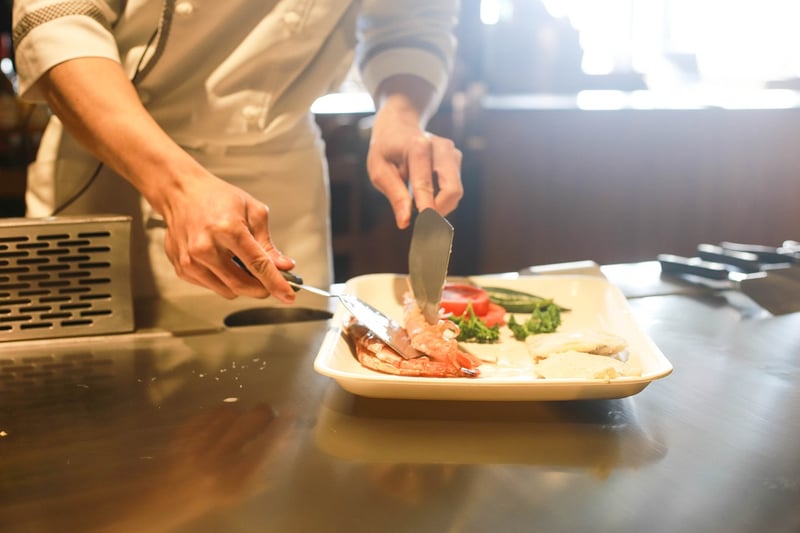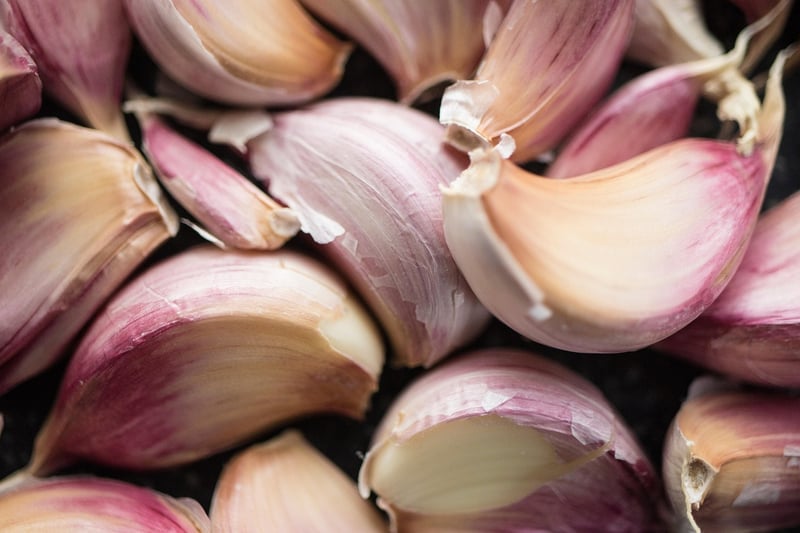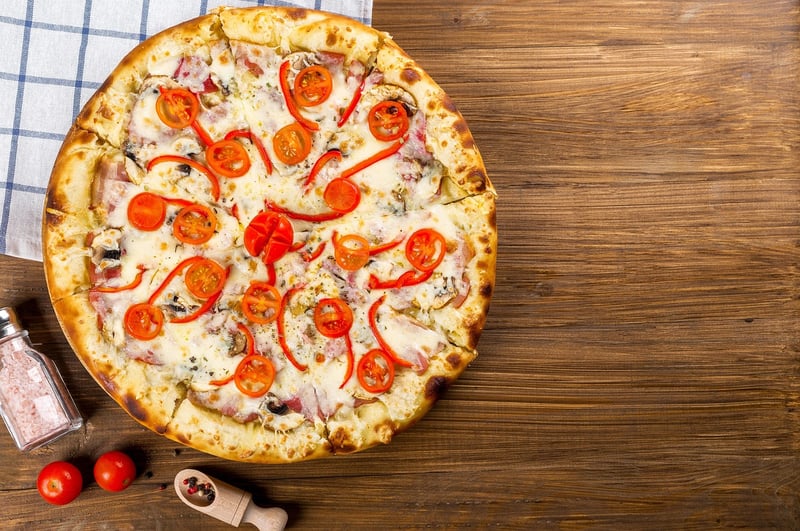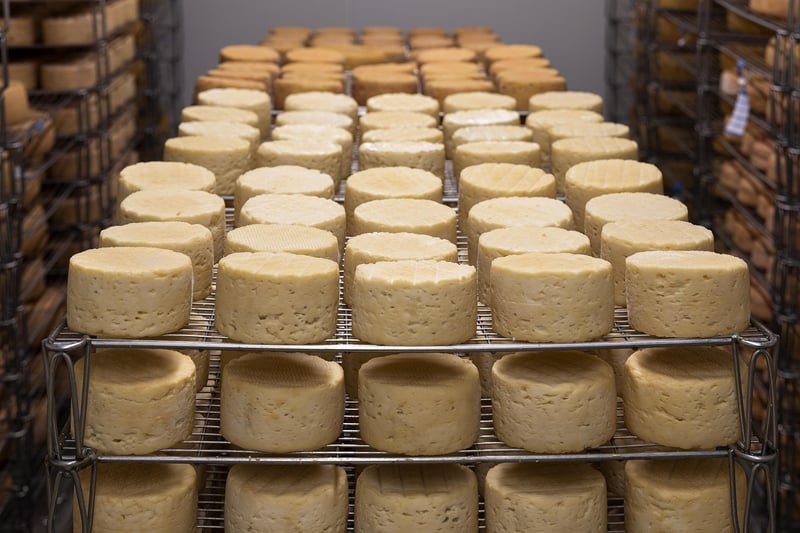Culinary Traditions
Exploring Gastronomic Past and Culinary Traditions
Food is not just sustenance; it is a reflection of culture, history, and tradition. Exploring the gastronomic past allows us to uncover the roots of culinary traditions that have shaped societies for centuries.
The Importance of Culinary Traditions
Culinary traditions are the recipes, cooking practices, and food customs that have been passed down through generations. They provide a link to the past, connecting us to our ancestors and the ways in which they prepared and enjoyed food.
Exploring Gastronomic Past
By delving into the gastronomic past of a region or country, we can uncover a treasure trove of culinary delights. From ancient cooking techniques to forgotten ingredients, exploring the gastronomic past allows us to revive old traditions and bring them into the present.
Ancient Cooking Techniques
Ancient civilizations had ingenious ways of preparing and preserving food. From fermenting to smoking, these techniques not only added flavor but also extended the shelf life of perishable items.
Forgotten Ingredients
Exploring the gastronomic past often reveals forgotten ingredients that were once staples in the kitchen. Rediscovering these ingredients can add a unique twist to modern dishes and help preserve biodiversity.
Preserving Culinary Heritage
Preserving culinary heritage is essential in maintaining cultural identity and diversity. By learning about and celebrating traditional recipes and cooking methods, we ensure that these culinary treasures are not lost to time.
Embracing Diversity
Each culture has its own unique culinary traditions that reflect its history, geography, and values. By embracing diversity in food, we open ourselves up to a world of flavors and experiences that enrich our lives.
Conclusion
Exploring the gastronomic past and culinary traditions allows us to connect with our roots, preserve cultural heritage, and embrace the diversity of the world's cuisines. So, let's embark on a journey through time and taste, and savor the flavors of the past in the present.



